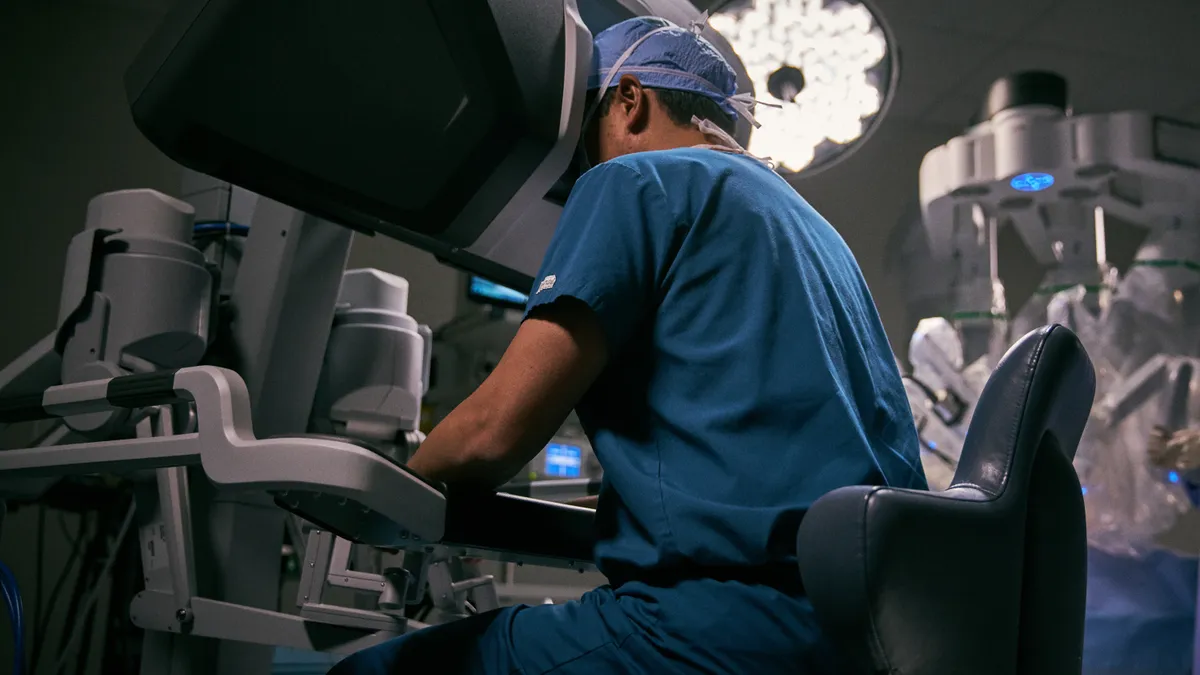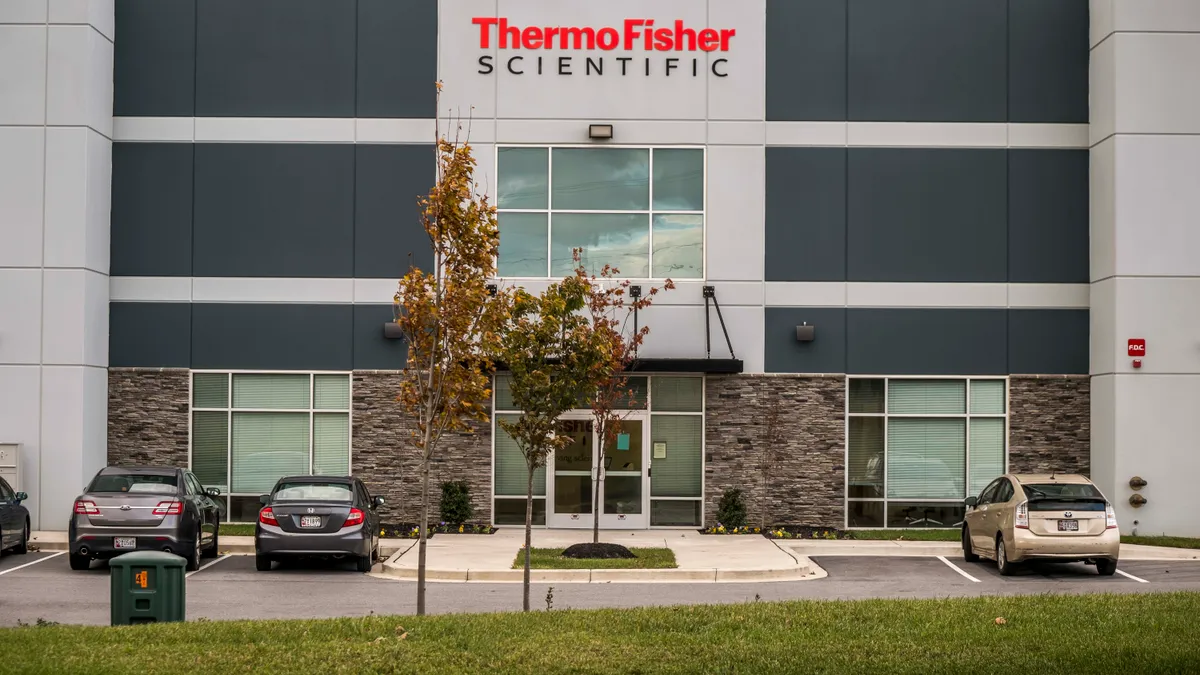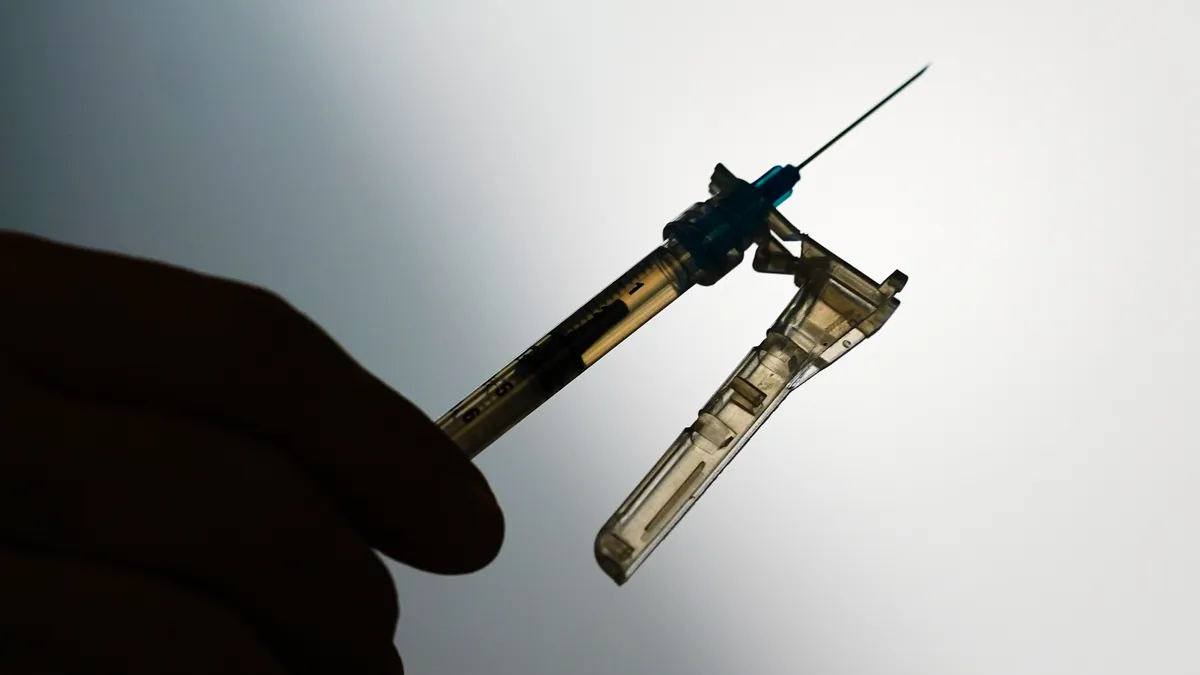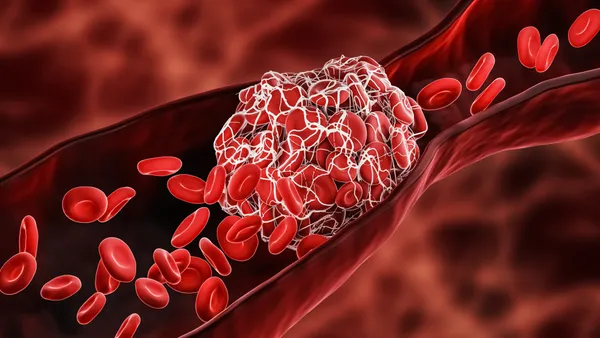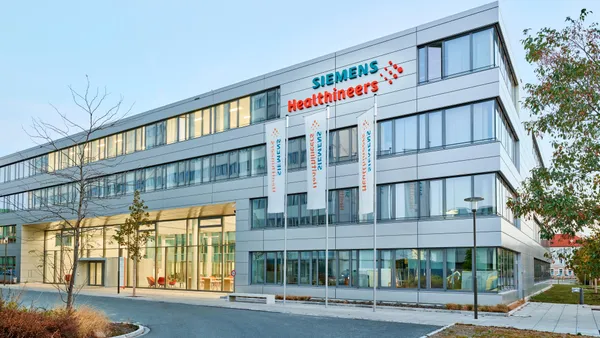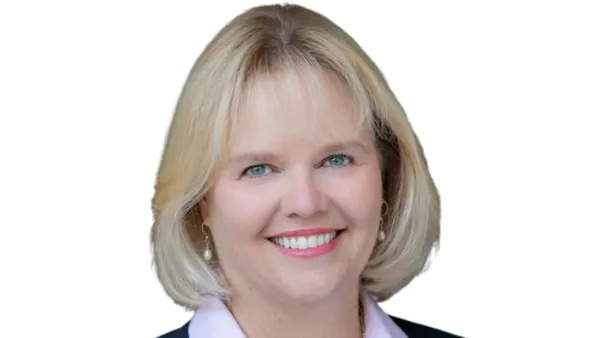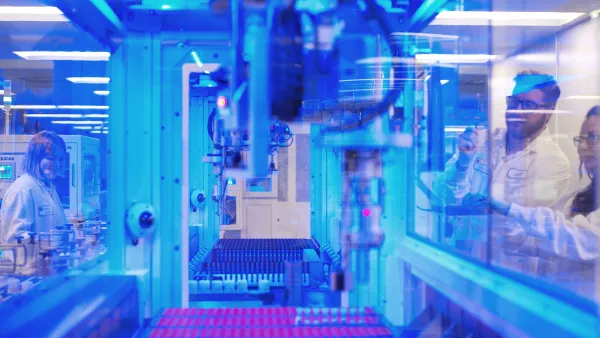Intuitive Surgical posted strong robotic volume growth in the second quarter and raised its full-year procedure outlook but said patient interest in new weight-loss drugs is curbing demand for bariatric surgeries.
The Sunnyvale, California-based robotic surgery leader, on its earnings call Thursday, forecast overall procedure growth in a range of 20% to 22% for the full year, up from the company’s prior forecast of 18% to 21%.
In the second quarter, global procedures using Intuitive’s da Vinci surgical robots rose 22%, boosted by demand for general surgery, including hernia repair, colorectal and thoracic procedures, and gynecology and urology procedures.
Surgical volumes benefited from higher hospital admissions, especially in the U.S., as healthcare providers catch up with patients whose treatments were delayed during the pandemic, company executives said.
“Lower utilization happened over a several-year period, and it will probably take many quarters for it to fully recover. How long that is, I think, is very, very hard to estimate. So far, so good,” Intuitive CEO Gary Guthart said during the call.
Results in the quarter exceeded analysts’ forecasts. Second-quarter sales of $1.76 billion and adjusted earnings per share of $1.42, excluding one-time items, beat the average forecast of $1.75 billion and $1.33 per share, said Stifel analyst Rick Wise.
“As post-Covid procedure volumes continue to recover, Intuitive clearly is benefiting, and there's more to come,” Wise wrote in a research note.
Although bariatrics growth was healthy in the quarter, demand was lower than in prior periods, Intuitive executives said.
“We have some input from customers that the level of patient interest is such that patients are now considering drugs versus surgery,” said CFO Jamie Samath. “It is too early to conclude if the slowing growth is a temporary pause as patients evaluate these new drug therapies or if it is a trend that continues.”
Uncertainty around bariatric growth rates in the U.S. and macroeconomic challenges that could impact hospitals and patient spending are factored into the company’s growth forecast, the executives said.
During the second quarter, Intuitive placed 331 da Vinci surgical systems, compared with 279 in the same period a year ago. The company’s installed base of da Vinci robots increased 13% from a year ago to 8,042 systems as of June 30.
Leasing represented 50% of the system placements in the second quarter, up from 42% for both last quarter and last year. In the U.S., 78% of system placements in the second quarter were under operating lease arrangements, compared to 59% last quarter, due to hospitals’ capital budget constraints and desire for flexibility to upgrade to next-generation technology, the company said.
But the healthy growth in system utilization seen during the quarter bodes well for the rest of the year, analysts said.
“System unit placements were still ahead of expectations, which should be a positive indicator for future procedure growth especially when coupled with another quarter of higher than historical utilization growth,” William Blair analyst Brandon Vazquez wrote in a research report.

